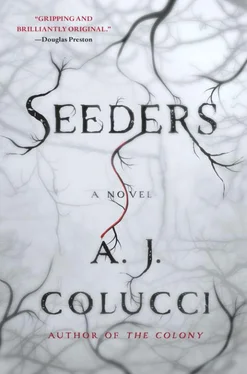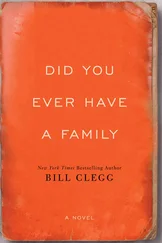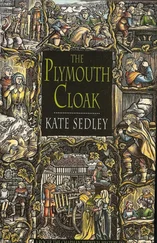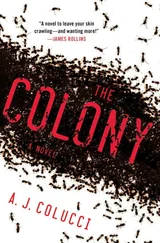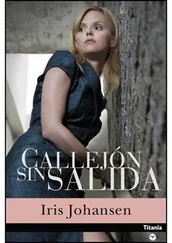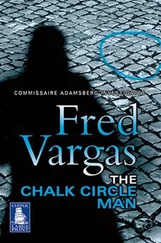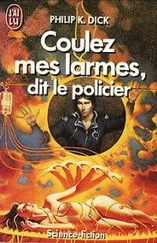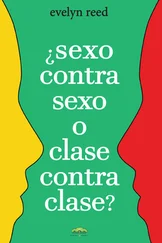She struck the paper with the back of her hand. “This is absolute bollocks. I can’t be bothered with it now.” She thrust the riddle at Monica. “You two figure it out. I’m going to have a short nap.”
Ginny dropped her robe. She wore a skimpy turquoise bathing suit, full of bright sequins and hanging teardrop beads. It showed far more skin than either teen wanted to see.
“Damn,” Monica said, wincing at her long cleavage.
Luke shifted his gaze to the ocean, as if it were fascinating.
The elderly woman squatted, spreading her robe in the sand. Her body was toned for her age, but heavily wrinkled and a few parts sagged. She didn’t seem to mind the cool air.
“I thought you said more is less .”
“Not on an island. Now you’re blocking my sun, kindly move.”
“What about the five thousand dollars?”
Ginny wiggled her bottom into the sand and faced the sunlight. “It’s yours if you can find the Crimson Star. That boyfriend of yours seems pretty clever. My money is on him.”
Monica grabbed Luke by the wrist and led him to the old wooden dock.
The warmth of her hand made his legs wobbly and he nearly fell onto the rotting platform next to her.
She smoothed the paper flat on her knee against the breeze. “We’re going to find that diamond.”
Luke looked at the riddle. “My grandfather had to be crazy when he wrote that. He jumped off those cliffs to his death.”
“So?”
“I don’t think these words mean squat. He was just a madman writing a bunch of nonsense. We’re not going to find it.”
“And I’m not passing up five thousand dollars.” Monica squinted hard at the words. “ The goddess Hanus … han… ham… ham-ass.”
“What are you doing?”
“ I don’t know . What does Hanus mean?”
He shrugged. “If I had a computer, we could Google it.”
“Let’s look for one in the house.”
“There’s no Internet connection. We’ll have to wait until we get home and do a proper investigation.”
“By then the old lady could hire a team of geniuses to crack the code.”
He nodded, staring at his wrist and trying to remember the feel of her warm fingers.
Monica sprang to her feet. “So we’re stuck on this crappy island for two weeks and we don’t get the money.”
“We should go back to the house,” Luke said. “My mom was right; let’s forget about the riddle and check all the rooms. I’ll bet George just hid it somewhere and forgot.”
* * *
Jules spent the morning in the lab, searching through file cabinets. George kept meticulous notes on his research dating back to the 1960s. But Jules was looking for only one thing. George had told the lawyer he’d made a discovery that would change the world. It was something he’d worked on for the last few years, and he was very excited about it.
George never got excited about anything that wasn’t truly remarkable, and as far as Jules knew there was only one discovery that could change the world. It was the most taboo subject in the field of plant biology, but to open-minded scientists like himself, it was the Holy Grail of botany: the detection of a central information system in plants that was akin to the human nervous system. But Jules believed such a finding was decades away. There were too many questions. Where would such a system be found? Which tissues would it involve? What would be the cell-to-cell connections? What would be the firing system? Would there be a network with specialized cells and tissues to direct processing?
Perhaps in the last few years of his life, George had found the Holy Grail.
Unfortunately, there were no files dated after 2004. It was possible George had burned his most recent data in a bonfire on the patio. Jules had picked through the immense pile of ash and found remnants of spiral notebooks and binders, stacks of paper burnt into thick blocks of charcoal, along with the charred remains of plants. But why George would destroy the last ten years of his work, the most significant finding of his life, was as mysterious as his death.
He looked around the room. There was nothing left to search but a set of bookshelves over the desk. Some of the books were old and worn with dull fabric covers and titles concerning plant physiology and phytohormonal regulations, early subjects George had studied. Others had more contemporary titles on plant genomics, molecular neurophysiology, and electrophysiology. Jules felt a certain pride to see his own books on the shelf, all three he’d written in the last decade. He scanned the bottom shelf and spotted a bright yellow book with blue letters down the spine: Binaural Beats: Principles and Explorations .
He pulled it from the shelf and flipped it open.
Sean walked into the lab, quietly and unseen. He perched himself on a stool and watched the scientist read, smiling at the way Jules rubbed the side of his face with large bony fingers, slender and big-knuckled like tree branches. Finally, he let out a grunt.
“Oh. Hullo.” Jules peered up from his reading. “Wouldn’t you like to help your mother look for the diamond?”
Sean shook his head.
Jules continued reading about binaural beats, along with notes scribbled along the margins.
“Ung,” Sean grunted again.
Jules tried to ignore him, but his protests continued.
“I’m trying to concentrate, Sean.”
“Ung!” The boy stabbed a finger at the bookshelf.
“You want a book? Well, fine, then, take one.”
Sean poked the air harder.
“All right, all right. Which one?” Jules ran his hand over the row of titles until Sean grunted with enthusiasm.
It was the largest book on the shelf, a fat almanac simply titled Botany . Jules wiggled it out of its long-standing spot on the shelf and felt its substantial weight. The engraved leather seemed more fitting for a collection of Shakespeare than a catalog of plants. The paper looked old and slightly yellowed, but other than that it was in pristine condition. Jules handed it to Sean, who was anxiously snapping his fingers like crab claws.
Once the almanac was removed, Jules spotted a notebook pushed to the back of the shelf, green as a grasshopper. He pulled it out and laid it on the desk. It was a simple composition notebook like students use in secondary school.
Across the cover The Eden Project was prominently written in black marker. Jules fanned through the pages. Some were dated within the last five years and that instantly brightened his mood. Yet the entries were fragmented and sketchy: daily logs of plant growth; a list of 128 species of vegetation found on the island with their geographic locations; long descriptions of molecular genetic mutations performed on plants and fungi through a process called protoplast fusion; a series of detailed maps indicating cities and countries all over the world.
None of it held the slightest interest to Jules. It would take hours to read through George’s miniscule handwriting, so he skimmed the pages, stopping randomly and growing more frustrated. Then suddenly Jules stared, and kept staring, as if something on the page was astounding. He felt his heart thump against his chest and wiped the sweat from his lip, reading the words quickly.
George was claiming that he’d found a way to entangle the thought waves of plants and humans. He described the plants actually speaking to him, communicating through images and even words. It seemed ridiculous, but the data was laid out carefully, scientifically. It went on to describe something called V-waves, oscillations made by trees to communicate with each other. There were several pages of data on experiments George conducted in the woods. Jules found the information quite remarkable and took notes by speaking into his cell phone recorder. There were strip charts from an oscilloscope pasted onto the pages. Jules snapped photos of the charts with his phone.
Читать дальше
